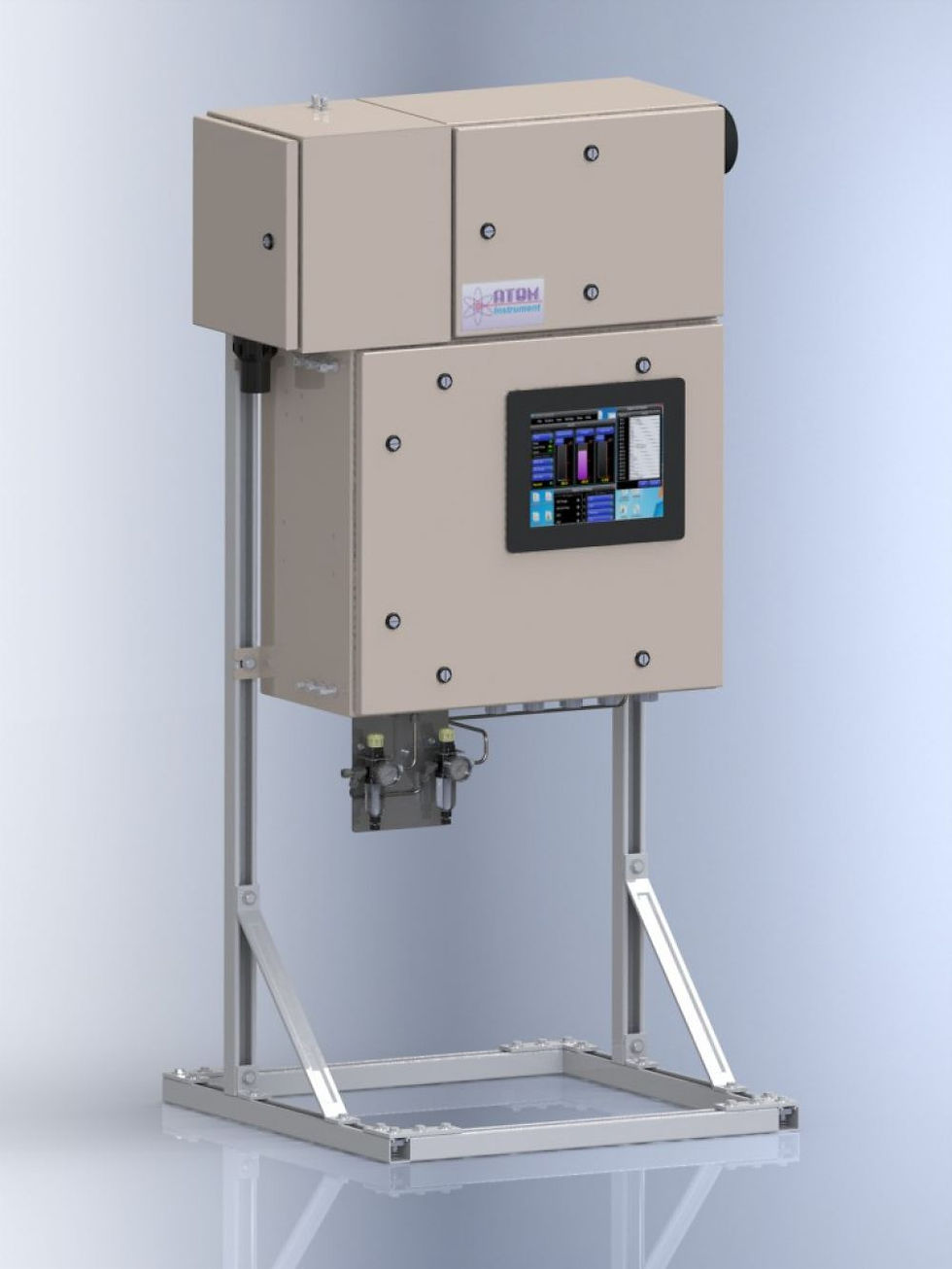How Lab Refrigerator Is Used to Store Blood and Plasma
- Syifa
- Sep 20, 2019
- 2 min read

The main difference between a lab refrigerator and a household refrigerator is that laboratory refrigerators are designed to withstand explosions, and household units are not. In the laboratory, various materials and samples must be stored safely, some of which can be very unstable. With that in mind, the lab refrigerator is designed not only to maintain a constant temperature, but to keep its contents safe. Many come with hooks or keys and external temperature monitors.
Many laboratory refrigerators are equipped with a fast recovery system that helps maintain a constant temperature even with continuous door openings. This prevents fine samples from damage due to temperature fluctuations. They also allow for manual thawing, rather than the automatic defrosting of the home refrigerator, which allows you to determine when it is convenient for the process to take place. Some units are also equipped with glass doors that allow you to see what's inside without having to constantly open the door to do an inventory.
One of the most important features of a laboratory refrigerator is the alarm. Different companies offer different options, but the main function of the alarm is to notify you sulfur analyzer indonesia instantly the temperature inside the cooling unit has changed. The option offered by some companies is a graphic recorder, which allows you to track the performance of your refrigerator to ensure efficiency.
One of the main uses today for lab refrigerators is in the preservation of blood and plasma in blood banks. With blood conditioning can be maintained for a greater period of time. These refrigerators are designed to keep blood at a constant temperature and are often accompanied by security measures such as password protection, automatic alarm systems, and temperature charts that allow 24-hour monitoring.
There is also a laboratory refrigerator designed for pharmacies, which allows patients to store their medicines properly and prevent spoilage. Like other laboratory refrigerators, they are equipped with electronic temperature control, safety systems, and warning systems in case of temperature fluctuations. They can be designed with additional shelves and drawers, glass doors for easy inventory, and access ports to prevent temperature changes due to constant door opening and closing.
Morgues also has a specially designed lab refrigerator. There are two variations of cold morgue, positive temperature and negative temperature. Positive temperature units are similar to lab fridges, keeping their contents at a stable of 2 to 4 degrees Celsius. This allows an object to be stored for several weeks, although it does not prevent spoilage.
Refrigerators have recently been available for personal use, and can be purchased for use at home, nursing homes and even schools. They are used to store refined medicines that require more care than can be provided with an ordinary household refrigerator.
A combination of laboratory fridges and freezers can be found, although costs increase with greater machine complexity. There are many companies that can provide you with laboratory refrigerators or freezers depending on your current needs, and are available in various sizes from uprights to counter sizes to walk in.




Comments